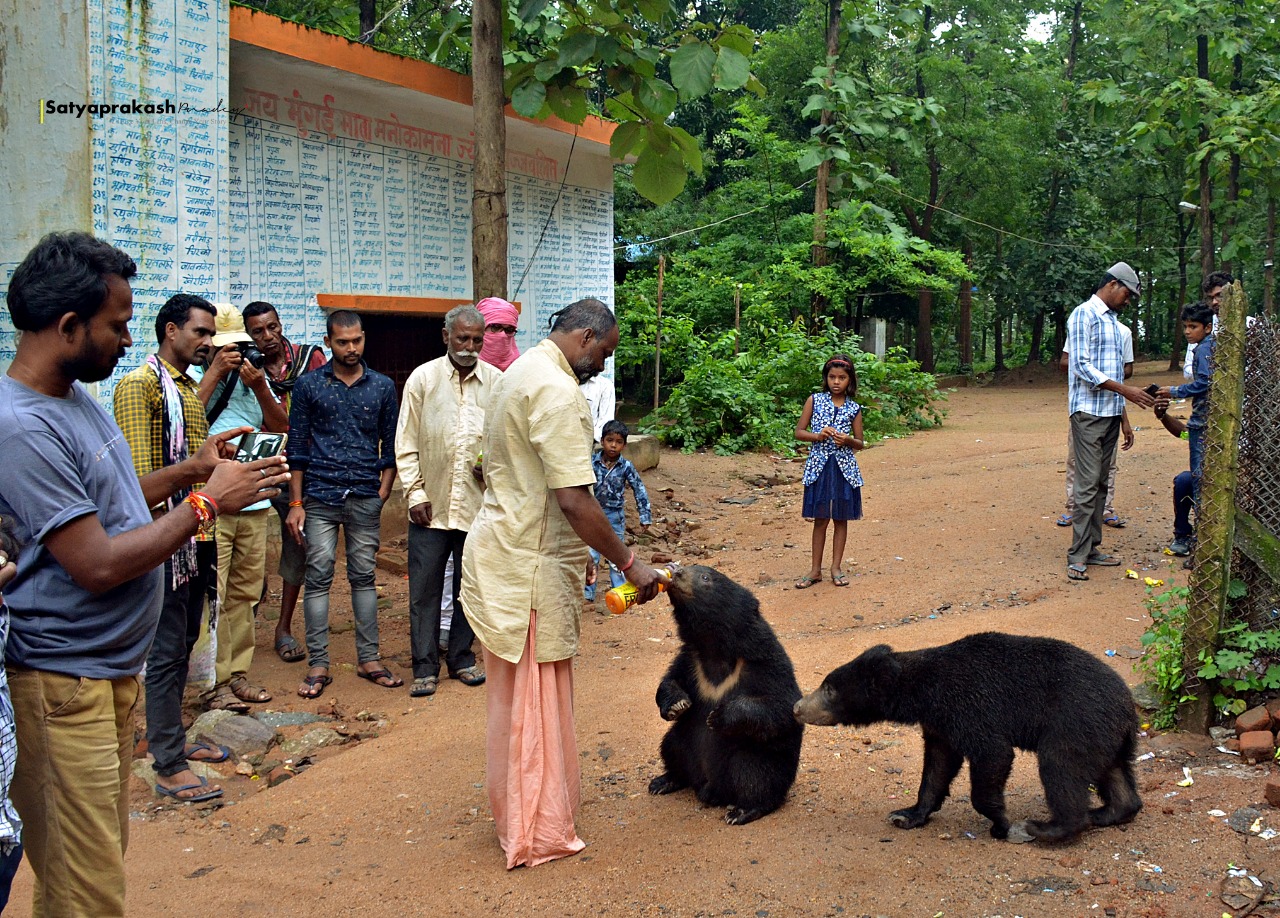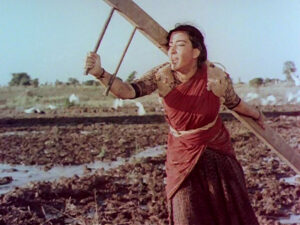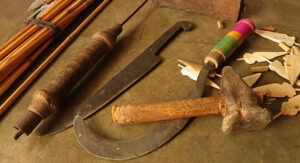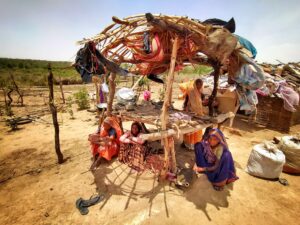Rule number one in the bush is never to forget that the animals are wild. Wild animals are like the sea – beautiful, unpredictable and dangerous
— Francoise Malby-Anthony, renowned wildlife conservationist
Chhattisgarh, part of erstwhile Madhya Pradesh has about 42% forest land and many endangered species live there, in an increased life-threatening state. One of them is a sloth bear. AA Dunbar Brander, the then conservator of forest, in his famous book “Wild Animals in Central India”, which first appeared in the year 1923, wrote that bears were in incredible numbers. “Their decrease in numbers can chiefly be attributed to their being hunted by white men. It is extremely doubtful if they would ever again become as numerous as they have been.”
About the nature of the bears, Brander has written “It is a Jungle axiom that one never can say what a bear will do. He is a creature of impulses, suddenly making up his mind to do a thing, and as suddenly changing it. Instances, in which bears act in a certain way on a particular occasion and then on a similar occasion behave in an absolutely different way, are numerous.” As per Brander, bears are exceptionally fond of their young and will defend them in the most determined manner. In fact, a she-bear with cubs is the most dangerous animal in our Indian forests.
But we, homo sapiens, never bother and never give respect to the nature of wild species. Few wild bears have become frequent visitors to the temples of deities situated on hilltops, adjoining or in the forests of Chhattisgarh. One such temple is the Sheetala Mandir temple in Kanker district. Bears regularly visit Chandi Mata Mandir and Mungai Mata Mandir both in the district of Mahasamund.
In Mungai Mata Mandir, a she-bear comes with her cubs, since the time her cubs were very small. Devotees believe that bears also come to pray to Mungai Mata, which is not true at all for all such visiting bears. They do not come to pray but they come to have dainty (prasad), which devotees give to the visiting bears.
The bears are fond of eating different eatables. Brander has narrated about this “No animal in the jungle has to work harder than the bear for his food, and no other animal has such a varied diet or one which has to be procured in so many different ways. For this reason, and also on account of the varied uses to which he put his paws, the bear has developed into the most intelligent animal in the jungle, the primates excepted.” Thus, bears can be called gourmet.
Initially, it seems that they might have started coming to the temples to get some tasty food thrown by devotees near the temples. And, since they are gourmet, they might have started liking the good taste of manmade dainty, food, biscuits, and even cold drinks and revdi.
The priest at Mungai Mata Mandir offers cold drinks to the she-bear and her cubs every day. Sometimes he even slightly slaps she-bear and her cubs, just like we sometimes slightly slap our pets out of love and affection. Bears also do not mind it, as our pets never mind it.
Devotees say they are four in numbers. Their families are coming there daily in the evening for the past two decades and have never harmed anyone to date. Only when bears dislike some activity of the devotees, they chase them.
Many times, the devotees rush to get down the stairs, which opens on Mumbai-Kolkata National Highway, one of the busiest highways in India. Many times, devotees have laboriously saved themselves from meeting accidents with coming trucks when they suddenly appeared in numbers on the busy National Highway.
Wildlife lovers, for many years, are objecting to this interaction of human-beings with the wild bears. They are continuously demanding that the forest departments should stop the practice of giving prasad, biscuits and cold drink to these wild bears.
Bears are one of the most unpredictable animals in our forest. Brander has correctly pointed out that the bear is a creature of impulses. The she-bear with cubs could become at any movement, dangerous to the lives of the devotees.
Wildlife lovers have a fear that if someday any unpleasant episode takes place and due to the attack by the bear(s) one or two people die, then the forest department will not take a single second to eliminate the bears coming to Mungai Mata temple or any other temple.
Are foresters waiting for that unfortunate day? It’s just like waiting for the day to see someone committing suicide. A mistake repeated more than once is a decision.
We should understand that it is a settled principle that wild animals should never be allowed to have human interaction at least when they are in the wild. Renowned wildlife conservationist Francoise Malby-Anthony says: “Rule number one in the bush is never to forget that the animals are wild. Wild animals are like the sea – beautiful, unpredictable and dangerous.”
Nitin Singhvi is a wildlife lover. He hails from Raipur, Chhattisgarh



















